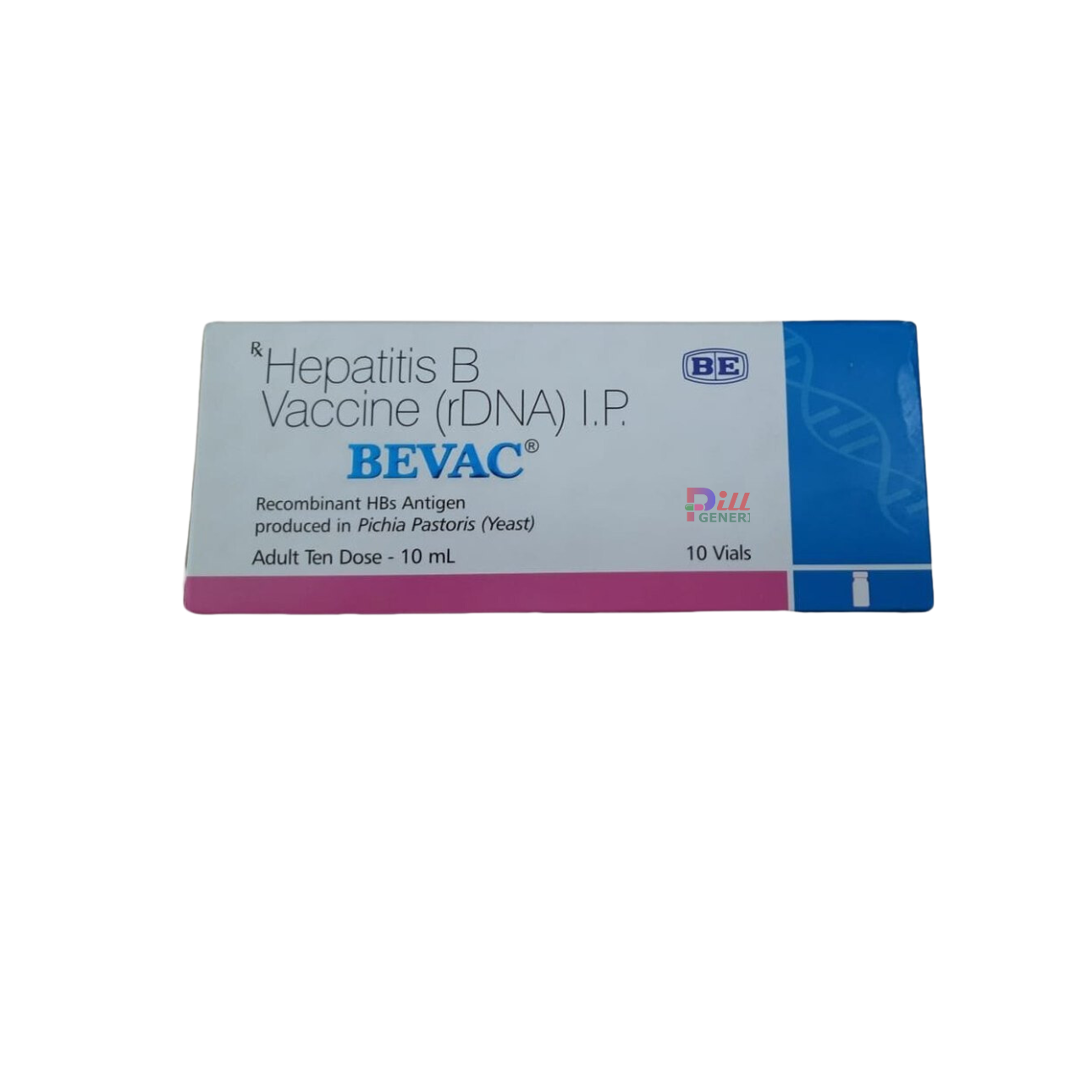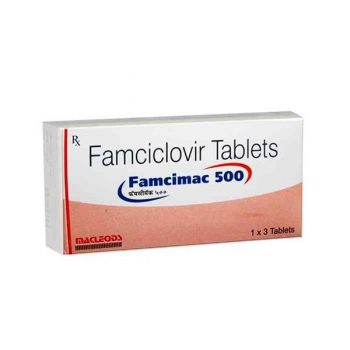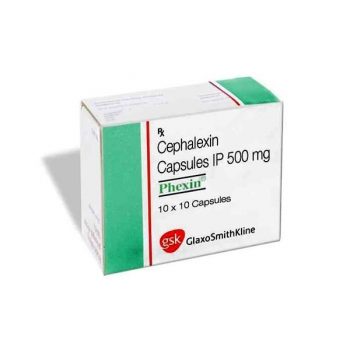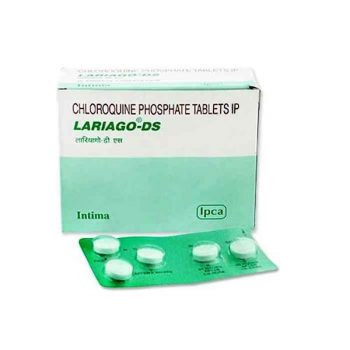The Hepatitis B Vaccine is a safe and effective immunization that provides long-term protection against hepatitis B virus (HBV) infection. HBV is a serious liver infection that can lead to chronic conditions, including liver cirrhosis and liver cancer. This vaccine stimulates the body’s immune system to produce antibodies, ensuring robust defense against the virus.
- Active Ingredient: Recombinant Hepatitis B Surface Antigen (HBsAg)
- Indications:
- Prevention of hepatitis B infection in individuals of all ages.
- Recommended for newborns, healthcare workers, travelers to high-risk regions, and individuals at risk of exposure to HBV.
Key Features:
- Provides long-lasting immunity against hepatitis B.
- Can be administered to people of all ages, including infants, children, and adults.
- WHO and CDC recommended for universal vaccination.
Administration:
- Given as an intramuscular injection, typically in the deltoid muscle.
- Standard schedule includes 3 doses at 0, 1, and 6 months, with variations depending on specific needs or populations.
Precautions:
- Not for use in individuals with severe allergies to yeast or vaccine components.
- Consult a healthcare provider before administration during pregnancy, breastfeeding.
- Delayed vaccination may be necessary in individuals with acute illnesses.
Packaging:
Available in single-dose vials or pre-filled syringes, ensuring sterility and ease of use.
FAQ for Hepatitis B Vaccine
1. What is the Hepatitis B Vaccine?
The Hepatitis B Vaccine is a preventive immunization that protects against hepatitis B, a viral infection that can cause serious liver disease.
2. Who should get the Hepatitis B Vaccine?
The vaccine is recommended for:
- All newborns and infants.
- Unvaccinated children and adolescents.
- Adults at risk of HBV exposure, such as healthcare workers, people with multiple sexual partners, travelers to high-risk areas, and individuals with chronic liver disease.
3. How is the vaccine administered?
The Hepatitis B Vaccine is given as an intramuscular injection, typically in the arm for adults and the thigh for infants.
4. How many doses are required?
The standard schedule includes 3 doses administered over 6 months (0, 1, and 6 months). An accelerated 4-dose schedule is available for certain high-risk groups.
5. Are there any side effects?
The vaccine is generally well-tolerated. Mild side effects may include soreness at the injection site, low-grade fever, or fatigue. Severe allergic reactions are extremely rare.
6. Can the Hepatitis B Vaccine be given to pregnant or breastfeeding women?
Yes, the vaccine can be given to pregnant or breastfeeding women if deemed necessary by a healthcare provider, as it poses minimal risk to the mother and baby.
7. How long does immunity last after vaccination?
Immunity typically lasts for at least 20 years, and in many cases, for a lifetime. A booster dose may be recommended in specific situations.
8. Can the vaccine prevent hepatitis B after exposure?
Yes, the vaccine may prevent infection if administered within 24 hours of exposure to the virus often in combination with hepatitis B immune globulin (HBIG).
9. Is the Hepatitis B Vaccine mandatory?
Vaccination policies vary by country, but it is included in routine immunization schedules in many regions due to its effectiveness in preventing a serious disease.















Reviews
There are no reviews yet.